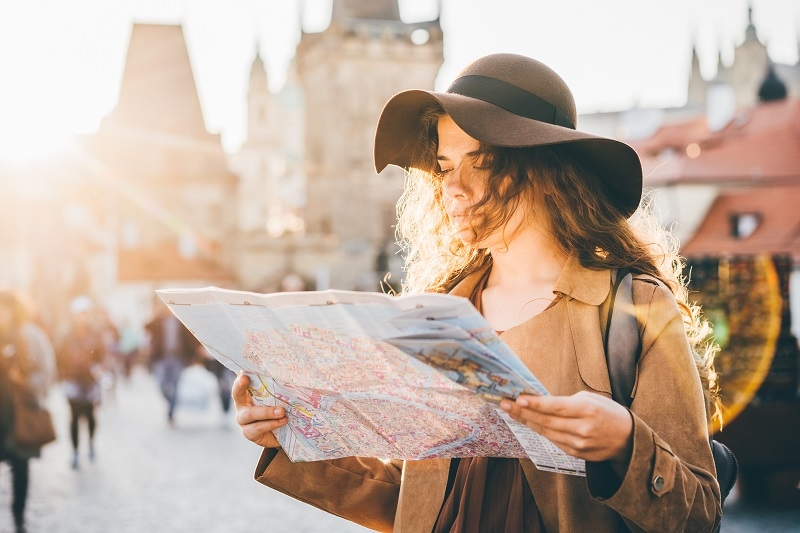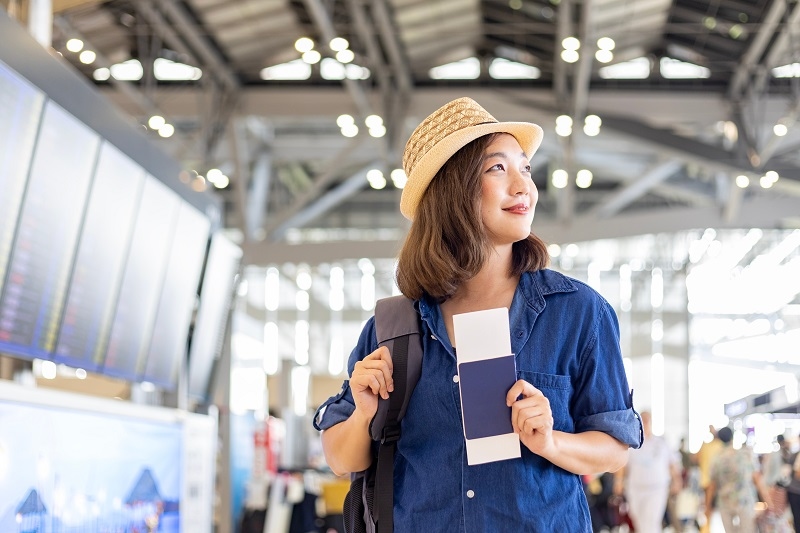
Travel isn’t just about booking flights, ticking places off a list, or filling your gallery with photos. The real impact runs deeper. How travel changes you is not a catchy phrase—it’s a truth you can feel in your bones once you step out of your comfort zone.
Every journey chips away at routine and forces you to see the world—and yourself—differently. Whether you’re wandering through crowded bazaars, hiking alone in a foreign land, or learning how to navigate with broken language skills, you aren’t just moving through geography. You’re reshaping your self-identity and touching the core of the identity of self.
We can begin with the big question: how does travel change you? Travel messes with your routine, and it is something you must adjust to. Back home, you are expected to act in a certain way, and your life has a script. That script goes away on the road, and you learn new things about yourself.
It expands your worldview. The experience of interacting with individuals of different backgrounds demonstrates to you that there are lots of different ways to live. Traditions, dialects, and everyday routines are all the things that interfere with your beliefs and make you wonder what you considered a normal way of life.
It boosts your confidence. Minor successes, such as using GPS-free navigation, speaking a foreign language to order food, overcoming travel hiccups, etc., are what show your resilience. That strength is built into your very being, and you are reminded that you are capable of more than you know.
Above all, it reinvents your story. The adventures you get in the foreign country get incorporated in your narrative, and you become a different person upon coming back. So your self-identity has indeed grown.
Your self identity is not something definite- it is a breathing living thing. Travel increases its expansion.
It is well explained by Travel Bug Tonic: your experience in abroad is incorporated into the fabric of your identity. That is to say, travelling does not transform you, but rewrites your tale with more vivid, more adventuresome fibres.

There are lessons associated with traveling with friends or family, but how solo travel changes you is on another level.
Independently, there is no safety net. It is all your own decisions, errors, and successes. This ownership instills a sense of self-reliance and great confidence, which is difficult to imitate.
That is where the effects of solo travel are indisputable: you come back with more powerful, liberated versions of yourself.
Dive in Deeper: Solo Women on the Move: Feminist Travel Tips for Safety
Self-identity is a topic of conversation and what we are is more than what we do or what is assigned to us. When all the other things decay, it is the essence that remains.
Travel digs into that core. It deprives people of their comfort zone, revealing what they are left with when they lose their routines, roles and safety nets. You find what really motivates, frightens and thrills you when nobody is around.
It is the reason the impact of travel is so strong, since it does not just transform how others look at you, but it redefines how you look at yourself.
Travel influences identity depending on the stage of life.
More to Explore: The Feminist Guide to Self-Care: Empowerment and Resilience
Travel does not necessarily change anything; the magic is in letting it. Here is the way to assimilate the lessons:
These steps will guarantee that the changes that you undergo during travel are lasting and not temporary highs.
Imagine the case of a Chicagoan, conservative and schedule-oriented, professional, Alex, who went on a six-month long trip across South America. He studied Spanish by trial, error, was robbed in one of the markets, hiked alone, and lived in villages where Wi-Fi was nowhere to be found. He did not come back with tales. His role changed to that of a problem-solver with structure instead of office worker. More to the point, his sense of self became stronger--he had faith in himself in a new way. That is the way in which living alone transforms you: it shows you what you are actually and it shows that you can succeed without the life you thought was your business.
Also Read: Feminist’s Guide to Financial Independence & Empowerment
So, how does travel change you is not just about exposure to new places. It’s about breaking patterns, confronting challenges, and meeting yourself in new ways. It’s about questioning assumptions, rewriting your story, and strengthening the identity of self.
Ask anyone who’s traveled deeply, and they’ll tell you: you don’t come back the same. And if you embrace the lessons fully, you won’t want to.
Travel isn’t an escape—it’s a mirror. And when you look into it, you might finally see the person you were meant to be.
This content was created by AI